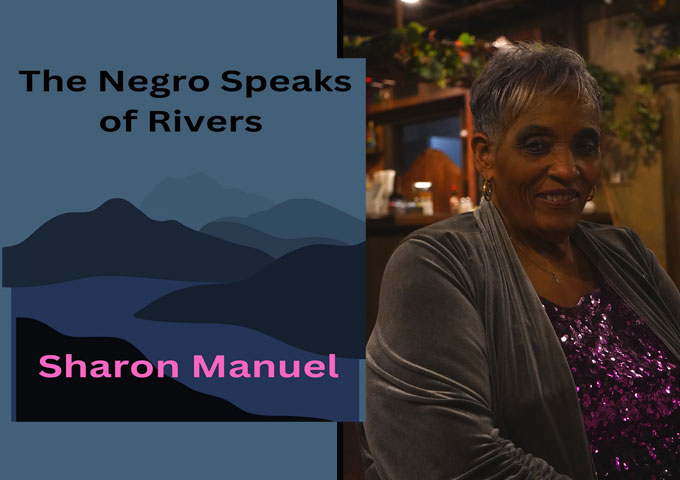In an era saturated with transient trends and fleeting sentiments, a true artist emerges, slicing through the superficiality with the...
Clara Rae is not just another rising voice in American music—she’s the kind of artist whose presence feels like a...
In an era when music often flirts with virality more than vulnerability, Scott Thompson, the Southwest Florida artist known as...
From the sun-drenched shores of Tahiti emerges a musical force poised to challenge and captivate. The DOCTORS TAHITI, fronted by...
Few artists have wielded their voice as both an instrument of art and a weapon of truth with the power...
From the icy expanse of Alaska, a genre-defying force known as Trapfly emerges, bridging the raw, unyielding energy of his...
Sweden’s musical treasure Dominick Keath is back—and he’s louder, prouder, and funkier than ever. With the blazing arrival of “Rise...
The Lovekiller stands at the precipice of light and shadow, balancing the raw nerve of emotional honesty with the aesthetic...
In a Midwest city better known for its jazz legacies and slow-smoked barbeque tradition, Marty Augustine is chasing something faster,...
Central Iowa’s Orphic Illusion has officially unleashed their highly anticipated debut full-length album, ‘Redefine’, on June 1, 2025. Since their...
In a season hungry for true anthems, Take The W delivers a blistering yet beautiful oasis of sound in his...
As a composer, producer, and musical architect, Mel Fromm Jr. is not simply riding the wave of the independent music...
The unique music project New Laconia continues to expand its creative universe, exploring various aspects of pop culture and modern...
SLEEPY SAVAGE, the latest lyrical firebrand to emerge from the surging Midwest scene, has detonated onto the national radar with...
In a world where music so often chases trends, Cali Tucker is galloping confidently in her own lane. A magnetic...
A seismic shift is rumbling beneath the surface of the hip-hop landscape — and its epicenter is Savage Block ENT....
Prepare to shed your preconceived notions of what constitutes raw, unvarnished artistry, for a new voice is emerging from the...
In the European dance-pop scene, where nostalgia meets innovation and where heart meets hedonism, Fran Squadrito emerges once again—not merely...
Jamsphere Indie Music Magazine May 2025 - FEATURED THIS MONTH - Now Defunkt, Mirriam K. Musonda-Salati, The Light of the...





























